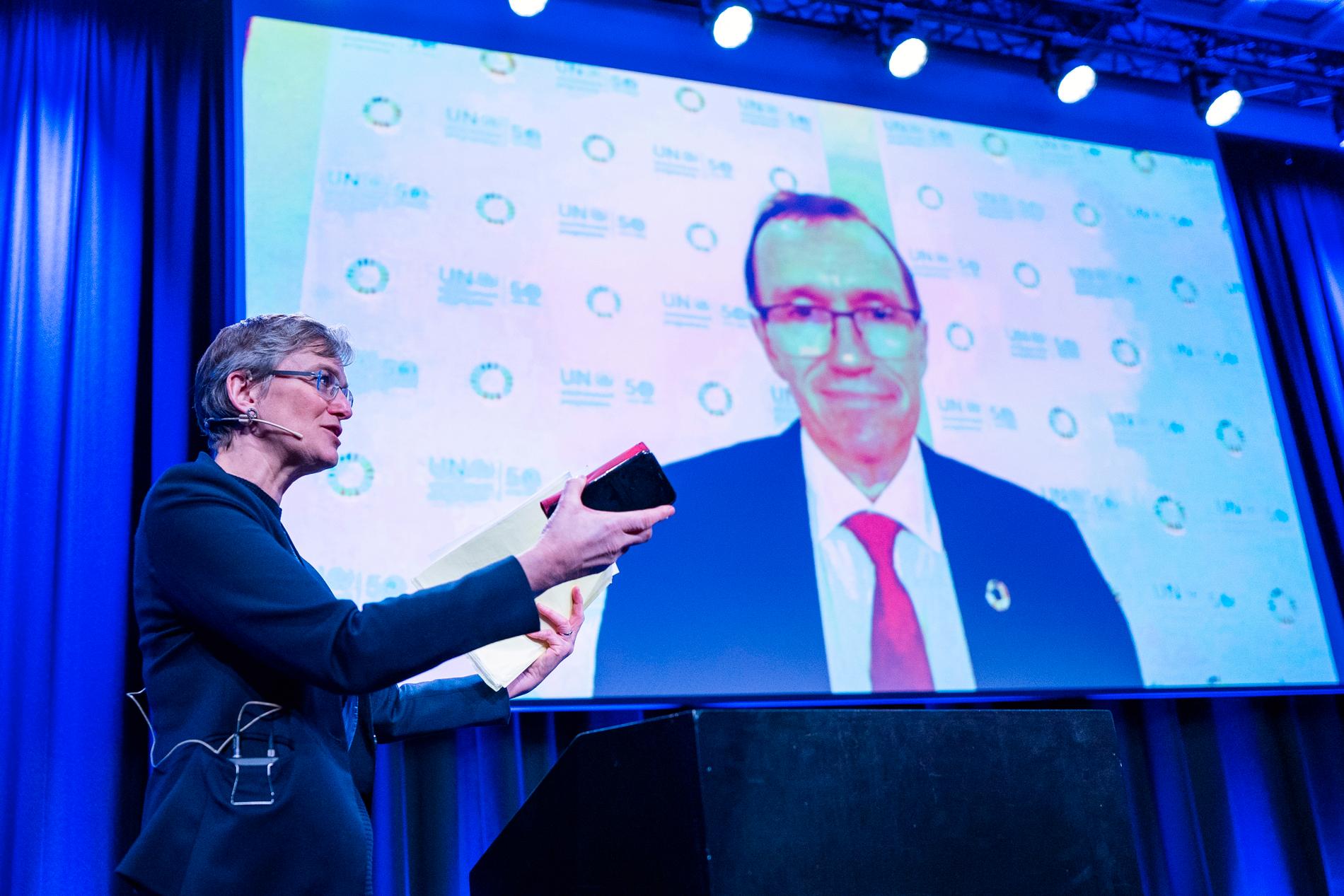Several sources said that Apple has temporarily halted plans to use memory chips from China’s Yangtze Memory Technologies (YMTC) in its products. Nikki Asia.
The US giant had already completed the month-long process to certify its 128-layer YMTC 3D NAND flash memory for use in iPhones when the US government imposed stricter export rules on China earlier this month.
At least 20% cheaper
The NAND chip is the most advanced semiconductor manufacturer in China, but it is still a generation or two behind market leaders such as Samsung Electronics and Micron.
YMTC chips were originally intended only for iPhone sales in the Chinese market, but one newspaper source claims that Apple has considered meeting up to 40 percent of the NAND needs of all YMTC iPhones.
– YMTC is backed by the authorities, and it can already lower the prices of its competitors, says another source. The chips from there should be at least 20 percent cheaper than those from the main competitors.
succumb to political pressure
Apple reportedly planned to use YMTC chips as early as this year, but so far none of these have been used in Apple products, and according to several Nikkei sources, increased political pressure is now the reason Apple has changed course.
Products were approved, but did not enter production lines when mass production of the new iPhone began, says one of the sources.
On October 7, Washington put the YMTC on its so-called “unverified list,” where the company ends up when US government officials cannot verify the identity of end users.
The list does not limit the purchase of components or anything else, but US companies are prohibited from sharing any design, technology, documents or specifications with the companies in it, says Harry Clark, Washington-based attorney at Orrick Law Firm for Nikkei Asia.
You may be waiting for the blacklist
A US Commerce Department spokesperson told the newspaper that companies on an “unverified list” could potentially be moved to the “Entity List” – the official blacklist – if they did not provide the necessary information within a certain period, usually around 60 days.
New US export rules cover the 128-layer YMTC memory chips, which could mean the company no longer has the technological ability to produce the quality or quantity Apple needs, even if the iPhone maker wants to use them.
Apple may wish to continue using YMTC in the domestic Chinese market. But the way regulations are set up now, it’s unlikely YMTC will actually be able to supply the kind of NAND chips Apple wants in the next two years, says investment manager Brent Fredberg at Brandes Investment Partners in San Diego.

“Web specialist. Lifelong zombie maven. Coffee ninja. Hipster-friendly analyst.”



